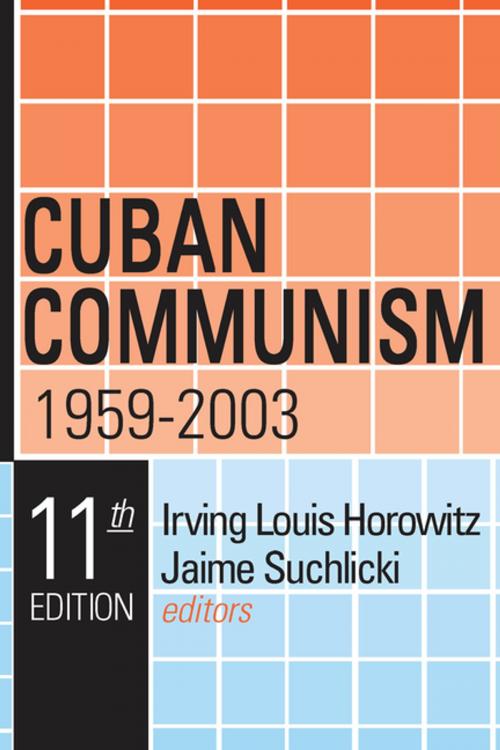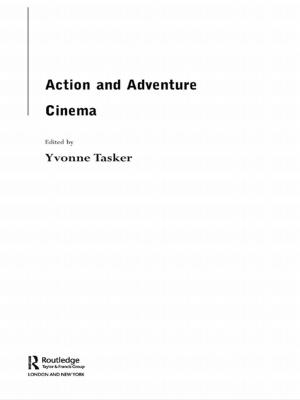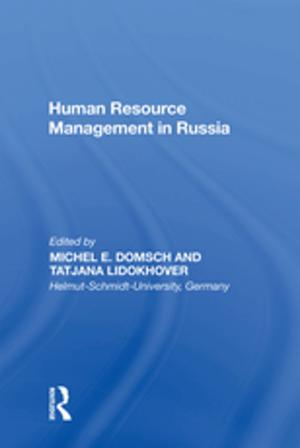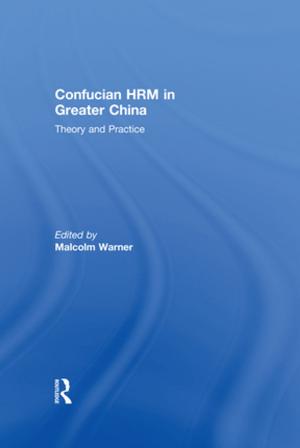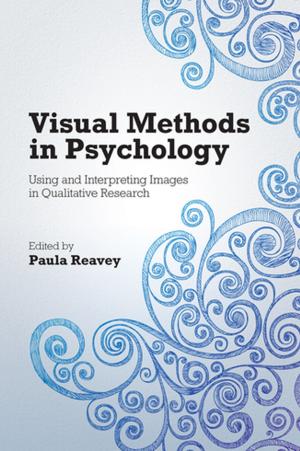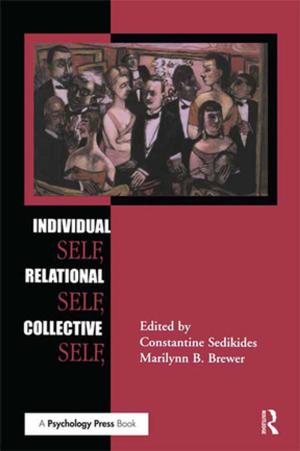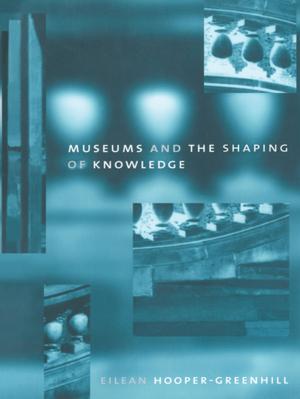Cuban Communism, 1959-2003
Nonfiction, Social & Cultural Studies, Political Science, Government, Communism & Socialism| Author: | ISBN: | 9781351524735 | |
| Publisher: | Taylor and Francis | Publication: | February 6, 2018 |
| Imprint: | Routledge | Language: | English |
| Author: | |
| ISBN: | 9781351524735 |
| Publisher: | Taylor and Francis |
| Publication: | February 6, 2018 |
| Imprint: | Routledge |
| Language: | English |
"Cuban Communism remains, like its previous ten editions, an important contribution to the field of Cuban Studies. It includes many useful chronological facts, as well as a selection of Fidel Castro's speeches which are interesting and informative for any reader interested in the island." -- Maria Gropas, Department of Social Anthropology, University of Cambridge This new 11th edition of a classic text, come to be known as "the bible of Cuban Studies," emphasizes two key issues of the twenty-first century. First, transition concerns in a world without Castro, and second, the continuing embargo of Cuba by the United States in the aftermath of a major change in the presidency. Cuban Communism has been updated to take account of changes in the 44 years of Castro's rule since seizing power in 1959. In addition to articles and essays that represent new developments in Cuba, the work boasts a database upgrade that makes it more important to students, scholars, and researchers. The volume has expanded the section on future prospects for civil society and democracy in a post-Castro environment; including "Regime Change in Cuba" by Eusebio Mujal-Leon and Joshua W. Busby; "Transition Scenarios" by Randolph H. Pherson, and "A Policy Conundrum over Cuba" by Edward Gonzalez. It also contains a chronology of events from 1959 through 2002. Finally, the new work contains a carefully constructed Who's Who of important players in Cuba and the regime during the Castro period up to the present. Other articles new to the 11th edition of Cuban Communism are by Ernesto Betancourt, "Cuba's Balance of Payment Gap"; Carmelo Mesa-Lago, "The Cuban Economy From 1999-2001"; Taylor Boas, "The Internet and U.S. Policy toward Cuba"; Aldo M. Leiva, "Environmental Technology Transfer and Foreign Investment"; Moises Asis, "Judaism in Cuba"; Wolf Grabendorff, "A View from the European Union." More than ever, it is a must volume for those interested in political systems and social structures. Irving Louis Horowitz is Hannah Arendt Distinguished Professor Emeritus of Sociology and Political Science at Rutgers University. Among his works are Three Worlds of Development, Beyond Empire and Revolution, and his Bacardi Lectures on Cuba that was published as The Conscience of Worms and the Cowardice of Lions. Jaime Suchlicki is Bacardi Professor of History at the Graduate School of International Studies at the University of Miami, and executive director of its Cuban-American and Cuban Center. He is author of From Columbus to Castro, University Students and Revolution in Cuba, and Mexico: From Montezuma to Nafta and Beyond.
"Cuban Communism remains, like its previous ten editions, an important contribution to the field of Cuban Studies. It includes many useful chronological facts, as well as a selection of Fidel Castro's speeches which are interesting and informative for any reader interested in the island." -- Maria Gropas, Department of Social Anthropology, University of Cambridge This new 11th edition of a classic text, come to be known as "the bible of Cuban Studies," emphasizes two key issues of the twenty-first century. First, transition concerns in a world without Castro, and second, the continuing embargo of Cuba by the United States in the aftermath of a major change in the presidency. Cuban Communism has been updated to take account of changes in the 44 years of Castro's rule since seizing power in 1959. In addition to articles and essays that represent new developments in Cuba, the work boasts a database upgrade that makes it more important to students, scholars, and researchers. The volume has expanded the section on future prospects for civil society and democracy in a post-Castro environment; including "Regime Change in Cuba" by Eusebio Mujal-Leon and Joshua W. Busby; "Transition Scenarios" by Randolph H. Pherson, and "A Policy Conundrum over Cuba" by Edward Gonzalez. It also contains a chronology of events from 1959 through 2002. Finally, the new work contains a carefully constructed Who's Who of important players in Cuba and the regime during the Castro period up to the present. Other articles new to the 11th edition of Cuban Communism are by Ernesto Betancourt, "Cuba's Balance of Payment Gap"; Carmelo Mesa-Lago, "The Cuban Economy From 1999-2001"; Taylor Boas, "The Internet and U.S. Policy toward Cuba"; Aldo M. Leiva, "Environmental Technology Transfer and Foreign Investment"; Moises Asis, "Judaism in Cuba"; Wolf Grabendorff, "A View from the European Union." More than ever, it is a must volume for those interested in political systems and social structures. Irving Louis Horowitz is Hannah Arendt Distinguished Professor Emeritus of Sociology and Political Science at Rutgers University. Among his works are Three Worlds of Development, Beyond Empire and Revolution, and his Bacardi Lectures on Cuba that was published as The Conscience of Worms and the Cowardice of Lions. Jaime Suchlicki is Bacardi Professor of History at the Graduate School of International Studies at the University of Miami, and executive director of its Cuban-American and Cuban Center. He is author of From Columbus to Castro, University Students and Revolution in Cuba, and Mexico: From Montezuma to Nafta and Beyond.
